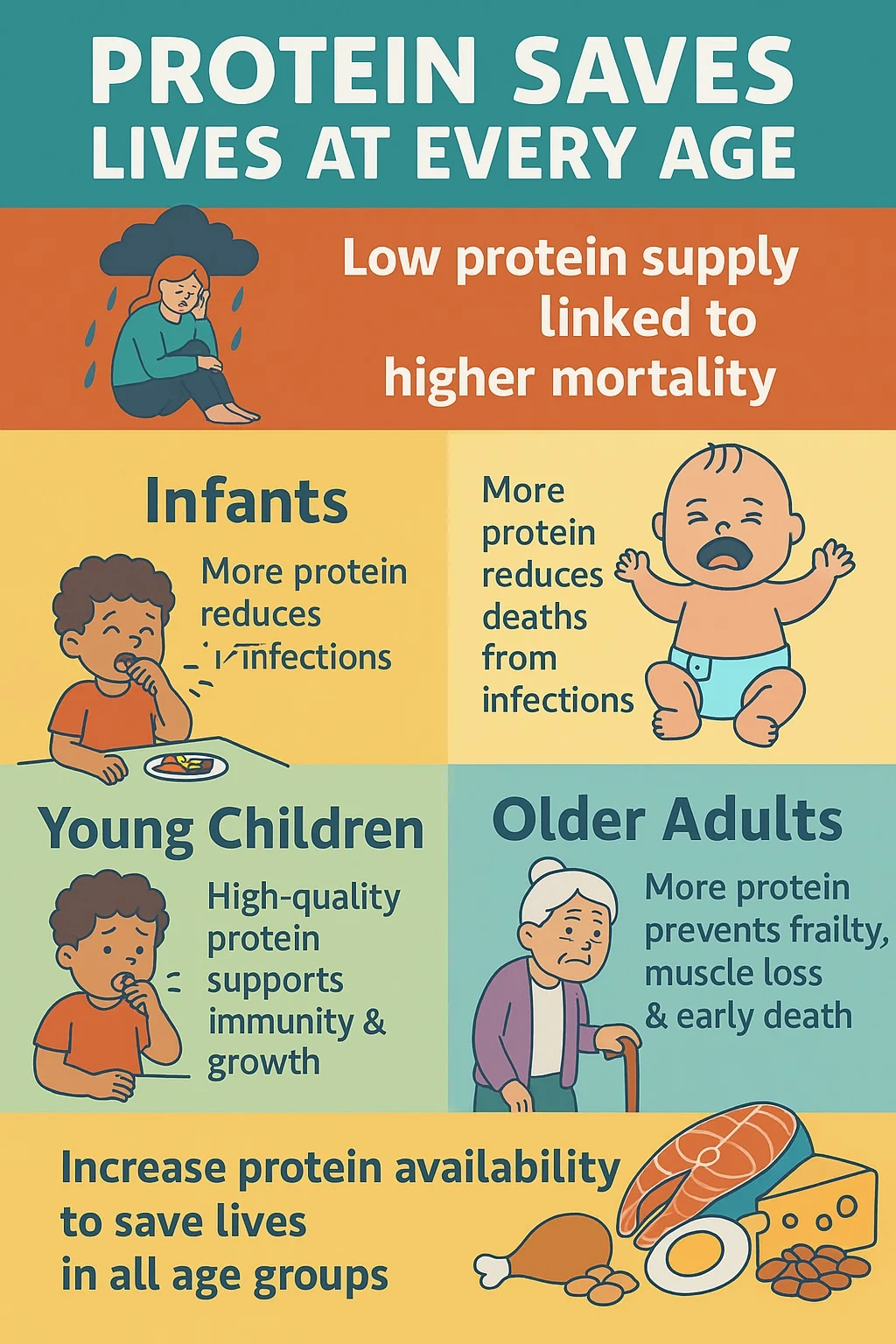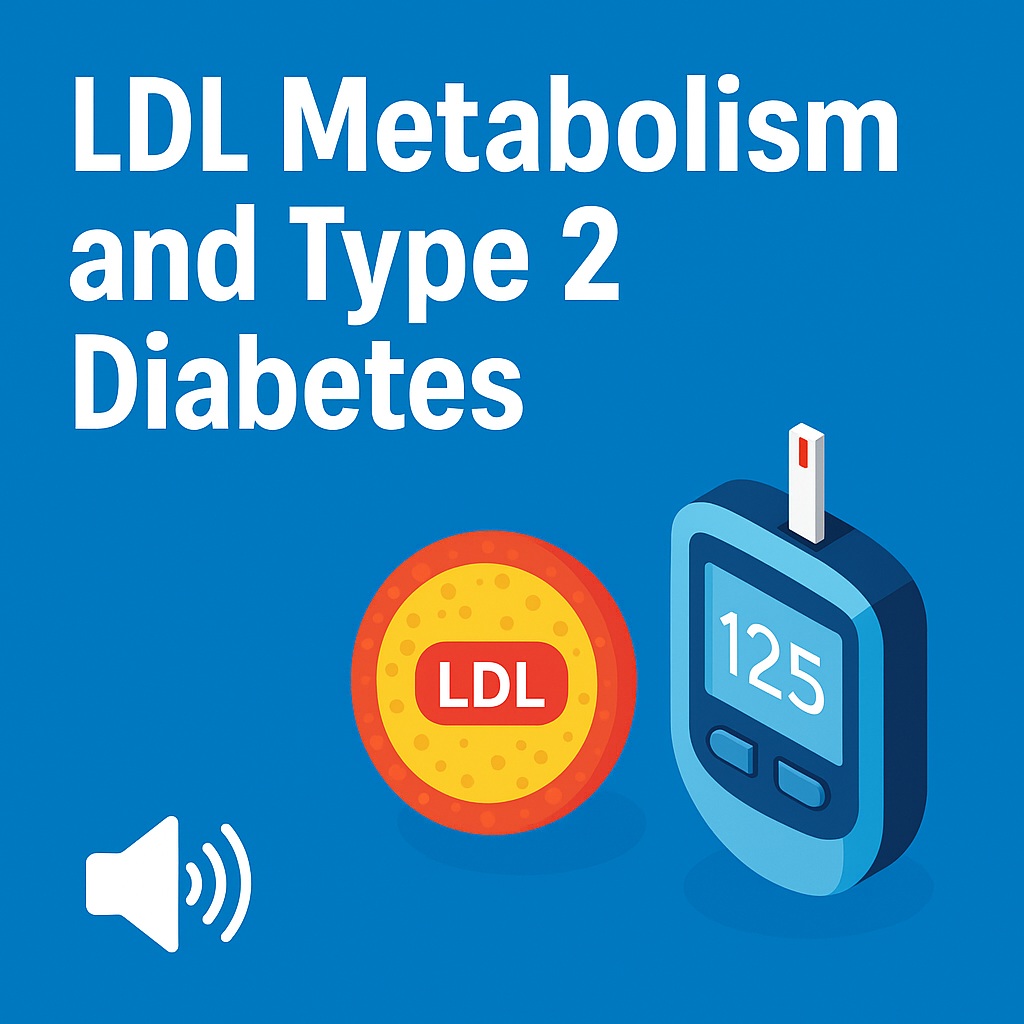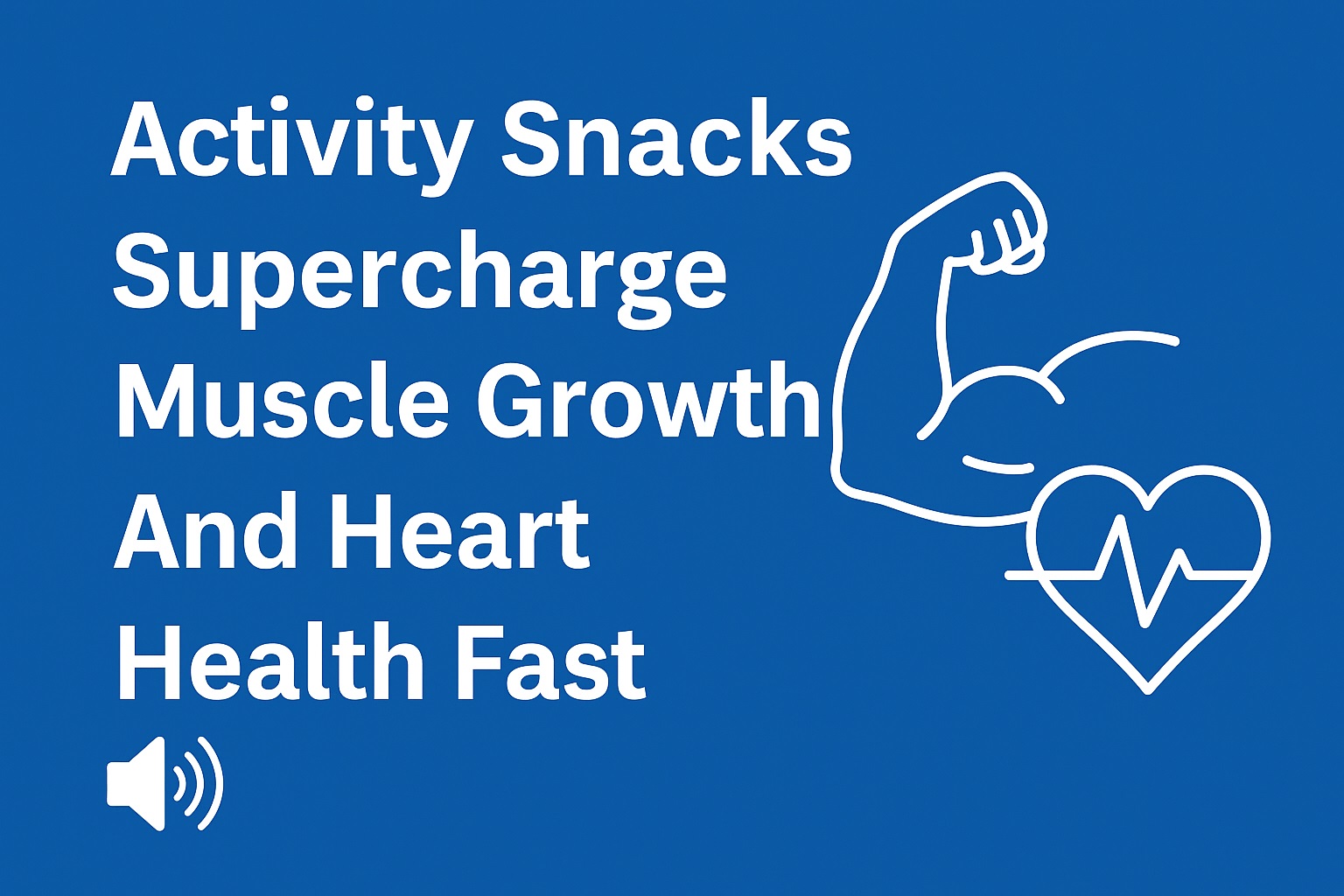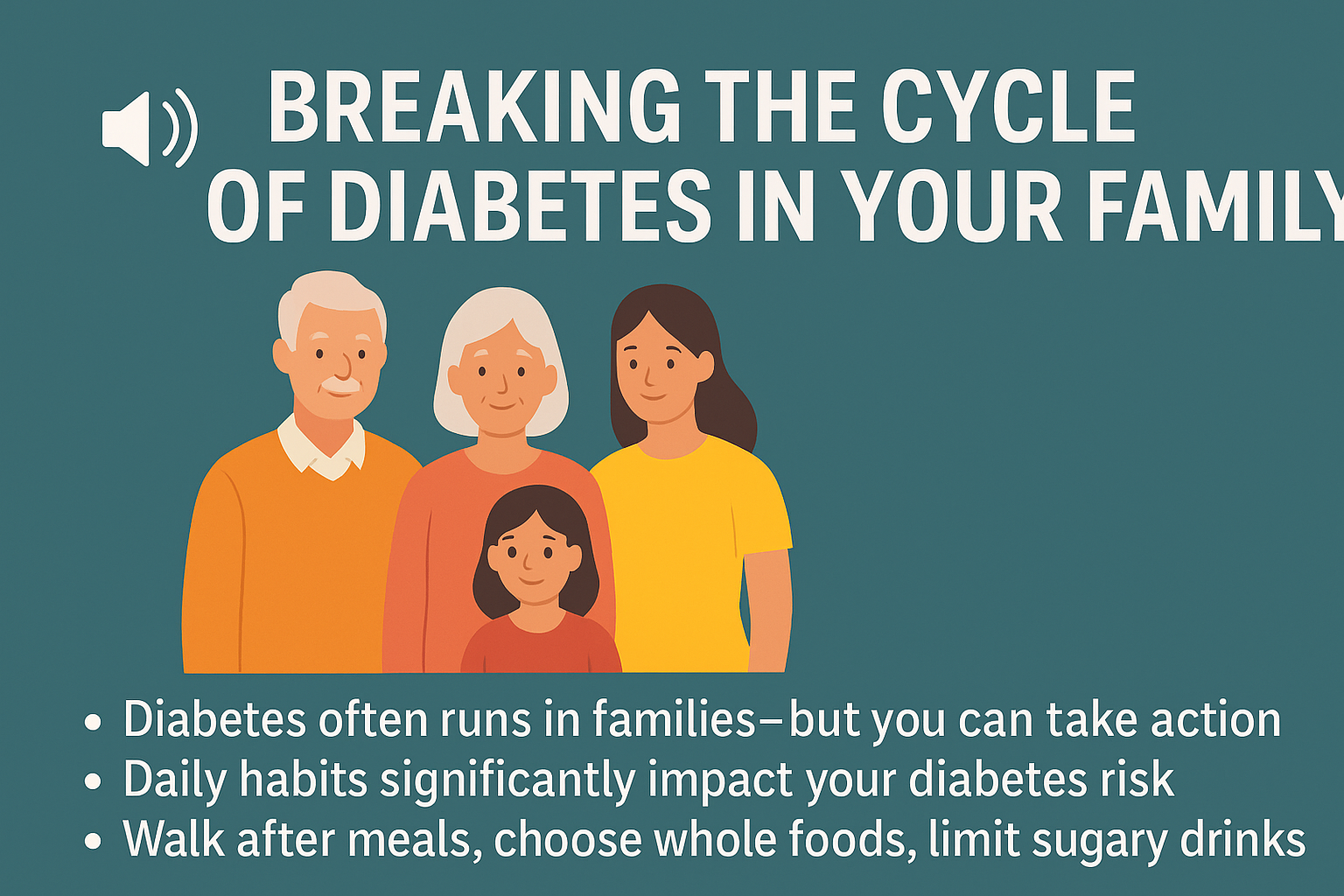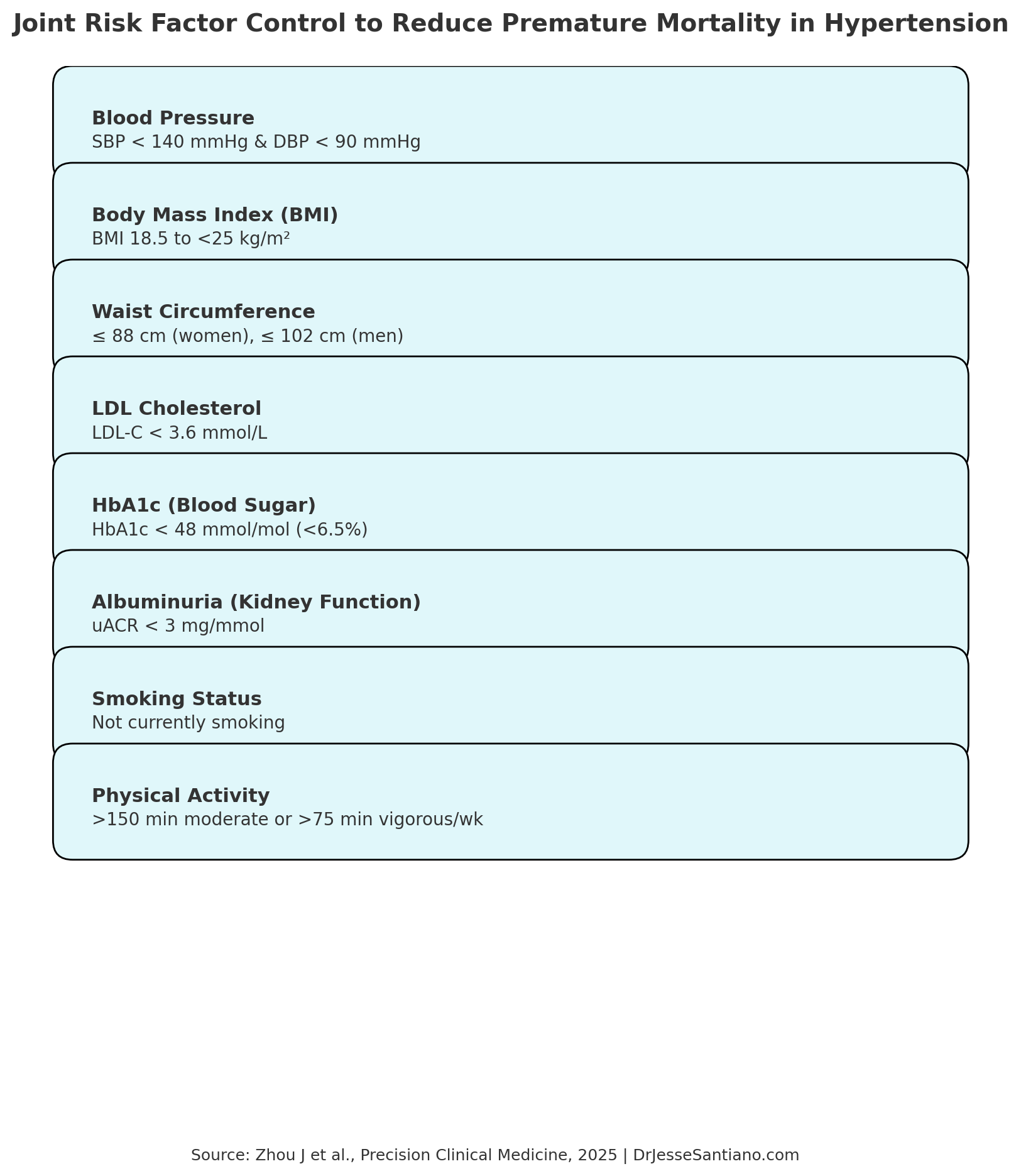This article discusses the preventable risk factors that leads to Alzheimer’s disease.
Stay Strong, Live Long: Creatine And Exercise Builds Muscles
Thisa rticle is about how creatine helps build muscle mass
Unlock Heart Health: Speed Up Your Daily Walks
This article discusses how walking briskly can prevent cardiac arrythmias.
Protein Requirement Calculator for Adults
This article features a protein requirement calcutor.
More Protein, More Life: Your Survival Blueprint Starts
🎧 Audio Article In a world where public health priorities often focus on vaccines, clean water, and sanitation, a new global analysis highlights a nutrient that quietly saves lives: protein. This isn’t just about gym-goers or athletes. It’s about children surviving infancy, adults staying productive, and older people avoiding frailty and early death. And according…
Unlock Longevity Now: 8 Healthy Habits the Defy Death
🎧 Audio Article Introduction: In this audio article, we explore a powerful new study that followed over 700,000 U.S. veterans and uncovered something extraordinary: adopting just a few healthy habits can dramatically increase one’s life expectancy, even if one starts later in life. You can significantly enhance your overall health by incorporating more healthy habits…
Reclaim Your Health With Powerful Sleep Optimization Habits
This article with audio talks about the qualities of a healthy sleep
LDL Metabolism and Type 2 Diabetes: What You Need to Know
This audio article discusses how diabetes increases cardiac risk through its effects on the LDL and HDL.
Activity Snacks Supercharge Muscle Growth And Heart Health Fast
This ausio aticle discusses why physical activity is needed to make muscles and improve cardiometabolic health.
🎉 Big Changes Are Live on the Website — Come Explore!
We’ve just rolled out a brand-new layout to make it easier and faster for you to find the health insights that matter most. Whether you’re here for the science, the strategies, or the stories, everything is now better organized and easier to navigate. 🆕 New Navigation Menu At the top of every page, you’ll now…
Activity Snacks Supercharge Muscle Growth And Heart Health Fast
This article dicusses why activity promotes muscles building and improves heart health.
Breaking the Cycle of Diabetes in Your Family
This audio is about how diabetes does not striclyt run in families.
Break Free From Sitting—Reclaim Energy And Life
This article discusses the dangers of prolonged sitting.
How A Duchenne Smile Boosts Mood, Love, And Longevity
This article discusses what the Duchenne smile is and its benefits.
Heal Stronger, Move Better: Smiling Rewires Your Body
When I first started training in Filipino Martial Arts under Grand Master Ama Guro Jun De Leon of Kali De Leon in Toronto, Canada, I had a habit of clenching my mouth and tightening the muscles around it whenever I swung the sticks. One day, Guro told me, “Don’t tense your face. Let it go…
Lost In The Maze: How Junk Food Weakens Your Brain’s GPS
This article discusses a study showin gthat a high fat and high sugar diet affects the navigating function of the brain.
8 Risk Factors to Control To Lower Hypertension Death Risk
🎧🎙️ Audio Article This article was updated with audio on June 4, 2025. Press play to listen! Introduction Hypertension, or high blood pressure, affects more than 122 million adults in the United States—nearly 1 in 2 adults—and over 1.28 billion people globally, according to the World Health Organization and the CDC. Often called the “silent…
From Frailty to Footsteps: A Paralyzed Man Walks Again with Brain-Spine Interface Surgery
This article dicusses the succes of a breakthrough treatment, brain-spinal interface surgery for people with spinal cord paralysis.
The Care And Feeding Of Your Natural Killer Cells
This article discusses how to take care of your natural killer cells.
Disuse Syndrome: The Hidden Path to Self-Induced Frailty—and How to Reverse It
🎧🎙️ Audio Article This article was updated with audio on June 4, 2025. Press play to listen! I. Introduction: There’s No Official Name for It—But It’s All Around Us My experience helping a severely deconditioned family member through physical therapy opened my eyes to something I had only observed in passing before—many people are living…
